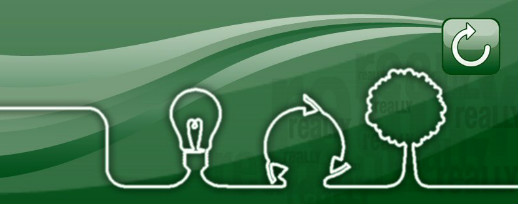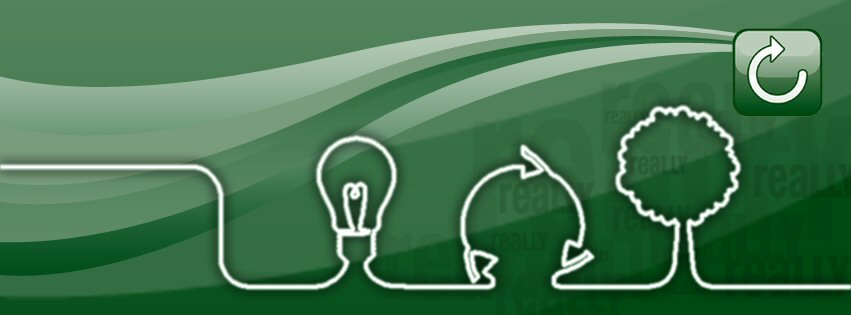
Understanding Laptop Recycling – Is your data safe??
Many businesses offer recycling services as laptops can be fully recycled with secure data destruction offered as an added extra… but how do you know your data has been destroyed and the laptop has been recycled correctly, with the workers paid a fair wage and protected from accidents and injuries?
The production and consumption of information technology has grown enormously over the last thirty years - laptops change even quicker, with newer, faster, more efficient / user friendly versions appearing monthly as the new “must have”… but what actually happens to the obsolete electronic waste (or e-waste)?
It’s a well-known fact that less scrupulous operators will promise you that your data will be wiped before your laptop is recycled - but often the term “recycle” is miss-used.
It can mean (to some operators): reuse; reprocessing; salvage; recover; recondition etc., so whilst you may think your laptop is going to be smelted down for the metal recovery it can be a whole different thing..



Your laptop or computer is often just packed and shipped (as working product, even when they haven’t tested it to see if it is capable of working - this way they get around EU waste shipment regulations) to overseas factories or sweatshops, where if you are lucky, a short software programme is used to wipe the hard-drive, although any hacker worth his money can still recover your personal data; financial records and passwords after this simple process. If you’re not so lucky the hard-drive will be taken out and sold as a potential data source, and only after that is it shredded for recycling, but with poor treatment standards both for the environment or the personnel working at the dismantling site or recycling plant.
E-waste is toxic, done properly recyclers pay higher costs of treating toxic elements in circuit boards and internal batteries and mercury backlights (found in laptop screens). Cheap labour combined with little or no environmental regulations or enforcement and little regard to human health and safety, mean that old ITC equipment (computers and laptops in particular) are just exported to developing countries to make more profit.
Illegal shipments of e-waste arrive in places like Ghana; Nigeria; China; Kenya etc. every day where lower environmental standards and working conditions make processing e-waste a key business. For example, it’s estimated that a total of 6,500 tonnes of e-waste a month (yes, a month) is imported in to the Port of Tema in Ghana. See: https://goo.gl/V1mGW for recent articles.
There should be more clarity and consumers should ask more questions about what happens, where their equipment goes & how well it is recycled. Even UK Local Authorities and legitimate businesses fall victim to misrepresentation by waste brokers or operators or only pay scant regard to the audit trail when presented with the offer price - see: https://goo.gl/qfjt2




What can I do?
- Check out the reuse facility if you opt to allow reuse - where are the tests carried out (must be in the UK as tests on electrical equipment have to be carried out prior to export); what tests do they do to ensure the equipment will work? (must be more than a simple PAT test - should include functionality and data and software removal); where are their markets? (do they know or care or could the items just be sold to sham reuse brokers?); what happens if it’s not sold? (a way to export without meeting waste shipment laws).
- Ask questions of your waste management company or local council or charity shop - where does my e-waste go? Is there an audit trail? Is my data removed using software or is the hard-drive destroyed through shredding (less than 10mm is the only bone fide method to give 100% guarantee!); what are the conditions at the recycling facility? are workers given protective equipment and fair-pay?
- Use a reputable company to ensure your laptop / computer is tracked from your door direct to the UK recycler where a fair wage, health and safety and protecting the environment are the first objectives and who can provide guaranteed destruction of the hard-drive using a specialist machine that takes the equipment down to less than 10 mm pieces. If certified data destruction is required check the equipment is treated at least to the US Department Of Defence (DOD 5220.22-M) standard (no current UK equivalent standard exists).
Click here for - Really Green Credentials!
We do this and more!
